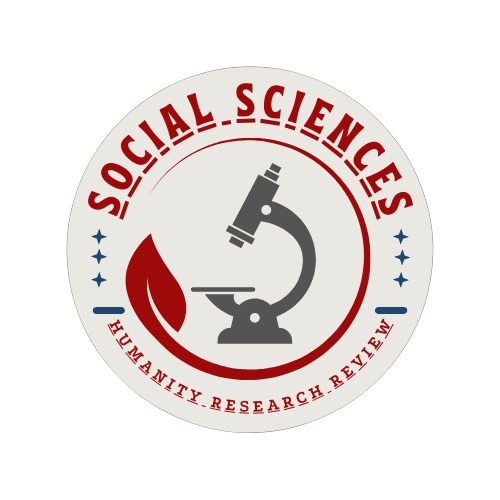Social Elements of Pakistani Urdu Novel
پاکستانی اردو ناول کے سماجی عناصر
DOI:
https://doi.org/10.63056/sshrr.v2i4.14Abstract
The social elements of the Pakistani Urdu novel are rich and varied, reflecting the country's complex cultural, historical, and political landscape. Many novels explore the disparities between different social classes, highlighting the struggles of the poor and the privileges of the elite. This theme often serves to analyze societal structures and injustices. The portrayal of women and their struggles against patriarchal norms is a significant element. Authors often address issues like forced marriages, education, and women's rights, displaying both traditional and evolving gender dynamics. The novels often observe the identity crises faced by characters in a rapidly modernizing society. Themes of nationalism, regional identity, and the clash between tradition and modernity are predominant. Religion plays a crucial role in shaping characters' lives and societal norms. Novels may depict the complexities of religious beliefs and their impact on personal and communal relationships. Given Pakistan's tumultuous history, many novels reflect on political instability, corruption, and the impact of military regimes on everyday life. Authors often use their narratives to comment on governance and civil rights. Family relationships and their challenges, including generational conflicts and expectations, are central to many stories. The family is often described as a miniature of society, reflecting broader social issues. Many narratives address the experiences of refugees, migrants, and displaced individuals, exploring themes of loss, belonging, and the search for identity in new environments. The contrast between urban and rural settings often highlights different social issues, lifestyles, and values. Authors may depict the allure of city life alongside the challenges faced by rural communities. The tension between traditional values and modern influences is a recurring theme, often leading to conflict within families and communities as characters navigate changing societal norms. These social elements not only provide depth to the characters and plots but also serve as a reflection of the broader societal issues faced in Pakistan.
Keywords: Pakistani Urdu novel, Social elements, Cultural landscape, Social classes,Struggles,Privileges , Social Injustices,Women,Patriarchal norms,Education,Women’s rights, Gender dynamics, Identity crises, ,Religion, Political instability, Corruption







